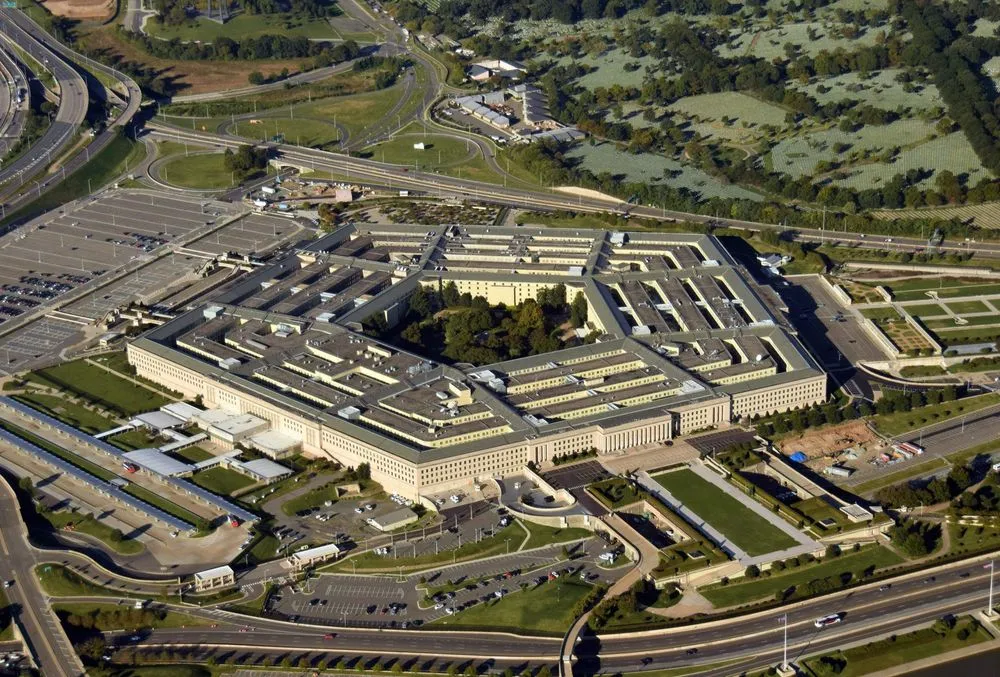Pentagon keeping pace in tech competition, official says
The Defense Department is thus far managing to keep pace with peer competitors like China for dominance in cutting-edge technology areas such as cybersecurity, artificial intelligence and data, a senior Pentagon official said on Wednesday.
“I actually think the department's doing well,” Dave Spirk, the department’s chief data officer, said during a virtual Defense Writers Group discussion.
He noted that DoD released its first data strategy in 2020 and recently consolidated its key tech hubs under a new, yet-to-be-named official “so that we can move even more aggressively and faster into this data-centric future for the department.”
“I think where we're going, and what we've been up to, we're showing a lot of promise,” Spirk told reporters.
The Pentagon has characterized China as a “pacing threat,” meaning a competitor making significant progress toward challenging U.S. defense strategy, and is trying to pivot away from the drawn-out conflicts in the Middle East toward the security challenges in the Asia-Pacific.
However, some policymakers and experts are worried that Beijing’s ability to compel private industry to its whims, along with its financial resources and population size, means that Washington will eventually be outstripped in any tech race.
Spirk acknowledged that China does possess the ability to collect data on its citizenry that the government can leverage in an “autocratic state,” a possible reference to the ubiquitous surveillance regime Beijing has created through technology.
However, “I don't necessarily see China having an advantage over us,” he said, adding that the federal government must continue work with the private sector, particularly lead cloud vendors, and academia.
“If we don't continue to grow those partnerships, and leverage those capabilities, then I think we'll find ourselves falling off pace,” he warned. “But I don't necessarily think that we're doing that now.”
For Spirk, data competition with Beijing, and others, refers to the speed in which accurate information can be funneled into future operations and warfighting.
“If you don't organize your data, if you can't create repeatable, testable and and trusted data workflows from the tactical edge all the way up to your senior most decision-making boardroom activities, then you will just lag behind,” he said.
“If we continue and accelerate on this data journey, I don't see any reason that we won't, we won't stay the pacing threat for the rest of the world,” Spirk added.
Martin Matishak
is the senior cybersecurity reporter for The Record. Prior to joining Recorded Future News in 2021, he spent more than five years at Politico, where he covered digital and national security developments across Capitol Hill, the Pentagon and the U.S. intelligence community. He previously was a reporter at The Hill, National Journal Group and Inside Washington Publishers.



